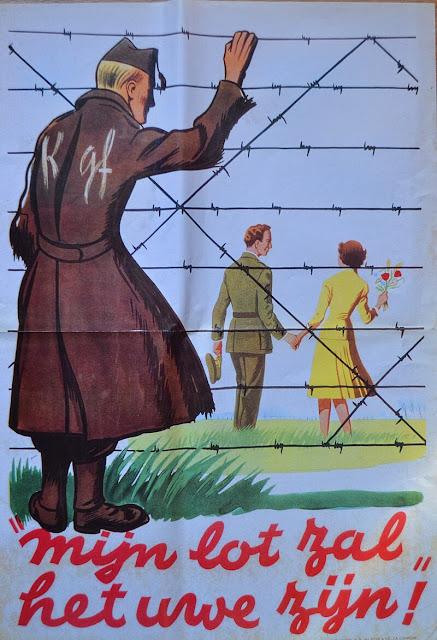The Central Executive Committee of the USSR issued a decree prohibiting the possession of almost all firearms, with the exception of shotguns for hunting, although much hunting in much of Russia, which was fairly common, was in fact done with rifles by necessity.
Following 1933, the penalty for violation was five years imprisonment. In 1935 knives were added to the list.
During World War Two the ban was expanded with all firearms being required to be turned over to the state, although following the war, the USSR was awash in captured German weapons.
Presently, rifles may be registered for hunting.
The USSR/Russia we might note, shares this status with Ireland, in being a country whose freedom, if you will, was brought about through the private exercise of arms, that then went around banning them. In the USSR's case it isn't too surprising, as armed resistance against the Communists continued on into the 1930s in some areas and revived during the Second World War, to continue on until nearly 1950 after the war.
Truly, there's a lesson here.
1931 vintage Soviet hunting travel poster. Russia had a very vibrant hunting culture until the Communists came in. Knowing that an armed populace would overthrow them sooner or latter, the Communists banned possession of rifles and pistols, which the Czar's government had not. This poster shows a hunter taking on a grizzly bear with a double barreled shotgun, which might well end up in a bad result for the hunter. Based upon the travels of a fellow I once knew who had hunted in the late stage USSR, later on you could hunt with a rifle, but it was a crappy rifle that belonged to the government you had to check out. Interestingly, shotguns remain the one firearm produced in Russia which are somewhat good, although they are peculiar.
The first issue of the weekly Saudi Arabian newspaper Umm Al-Qura, the official newspaper of the Saudi government, was published
Last edition.







.png)






.jpg)









